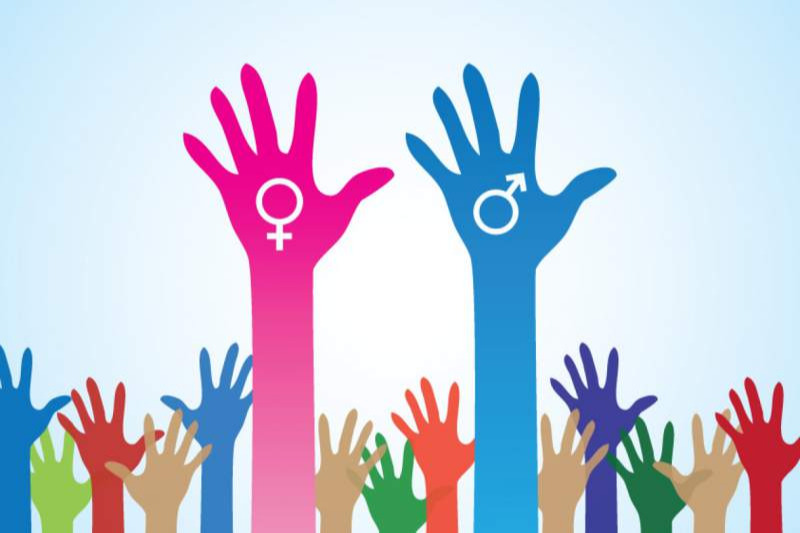
Gender equality in the world goes even further backwards
By María Josefina Arce
COVID-19 has come to make even more visible what has not ceased to be a reality in the world, the discrimination and inequality of women in all areas such as economic, health and social protection. Although the disease caused by the new coronavirus has affected everyone, this sector of the population has been one of the big losers.
A recent report by the International Labor Organization (ILO) reveals that 93% of women in Latin America and the Caribbean who lost their jobs during the pandemic are still unemployed.
According to the ILO, the female unemployment rate remained at 12.4% between 2020 and last year.
International organizations estimate that women in the region are currently more than 18 years behind in labor participation.
In fact, young women between the ages of 15 and 29 are three times more likely to be out of the labor market and even out of the classroom than men of the same age.
All this has led to a higher incidence of poverty in this sector. In 2020, around 118 million Latin American and Caribbean women were living in poverty, 23 million more than in 2019.
Similarly, the burden of unpaid work increased for this segment of the population, on which household chores fall. The closure of schools and care centers for the elderly to prevent the spread of the disease has drastically deepened this situation, the result of centuries of a patriarchal system.
Likewise, wage discrimination continues. More than 73% of the health personnel in the area are women, who also faced long working hours and a high risk of contagion during the pandemic, but their income is almost 24% lower than that of men in the same sector.
The recent gang rape of a young woman in Uruguay confirmed that gender-based violence is still a scourge that is still affecting families and societies. This scourge has also increased considerably since the arrival of COVID 19. One out of every two women has experienced some form of abuse since the onset of the global health emergency.
Home confinement to avoid contagion and spread left women with their abusers and isolated them from the people and means that can help them.
COVID 19 has set the world back in many ways, gender equality being one of them. Women's rights have been seriously damaged in these two years of pandemic, which is a serious challenge for all.

